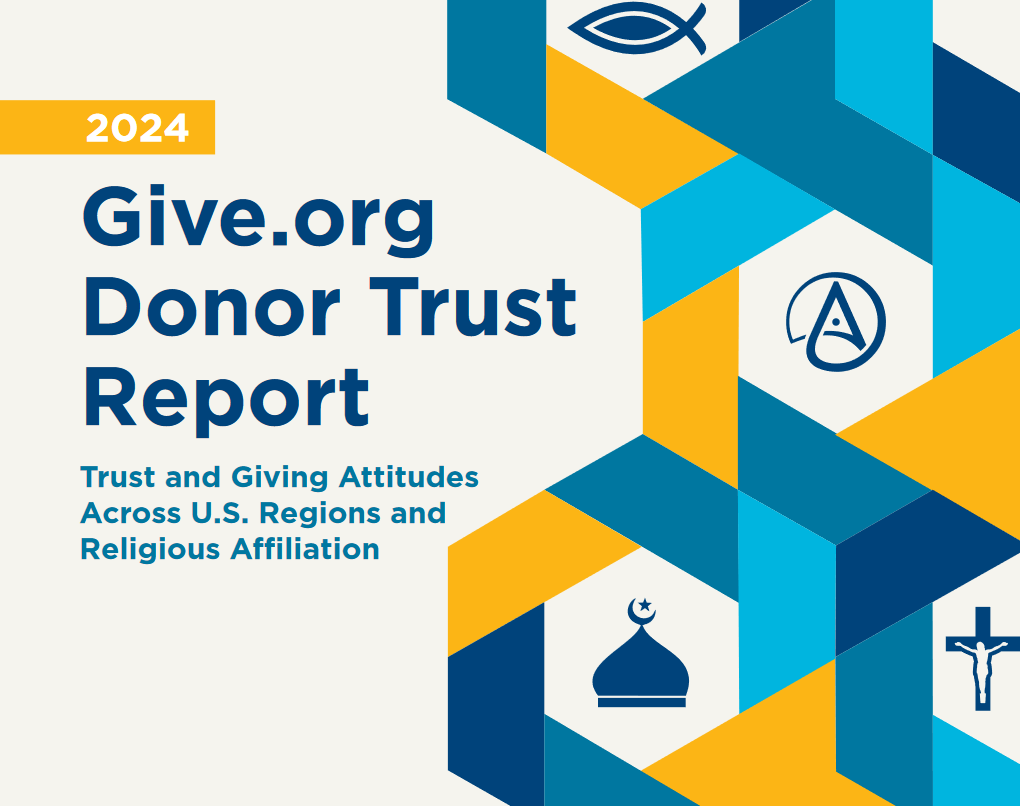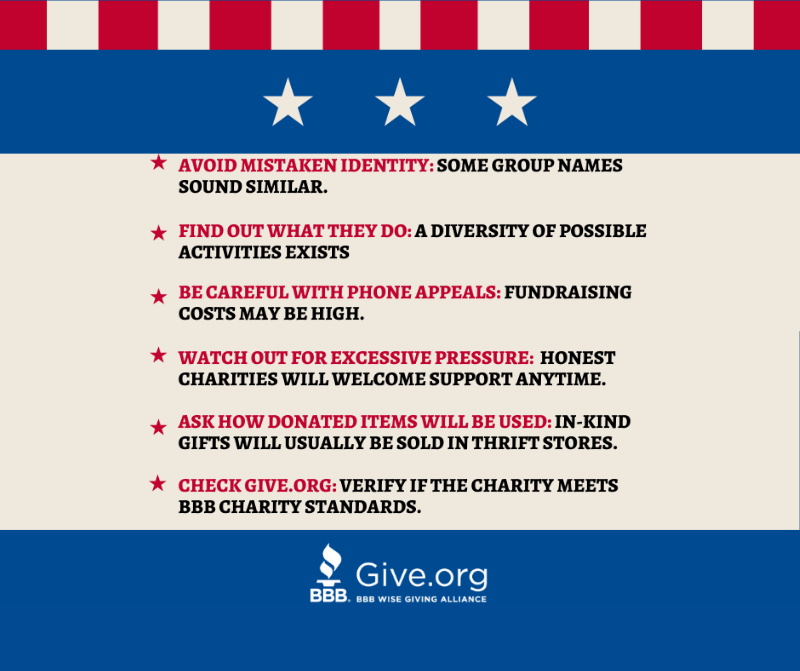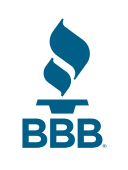Wise Giving Wednesday: Embezzlement at Youth Sports Clubs

A front-page article in the Sunday sports section of The Washington Post (Stubbs, Roman, Cash Keeps Disappearing from Youth Sports Clubs, 10/16/2022) provides an overview of financial embezzlement allegations about a soccer sports club in Oregon and identifies examples of other circumstances where funds were stolen at clubs in Nebraska, Wisconsin, Michigan, and Virginia. While youth sports can be a unifying force in communities across the country, they unfortunately can fall victim to fraud or poorly managed funds if care is not taken to ensure proper oversight. As the vast majority of these clubs operate as organizations that are tax-exempt as charitable organizations under section 501(c)(3) of the Internal Revenue Code, this edition of Wise Giving Wednesday will offer some tips to help prevent sports club fraud. Some clubs can be quite large and can range from hundreds of thousands in revenue to over a million dollars or more.
Tax-Exempt Status
Youth sports teams in the U.S. should apply for charitable tax-exempt status from the IRS. Keep in mind that the receipt of such charity status does not mean the IRS endorses, approves or recommends the club. It helps ensure that donations made to the organization are deductible as charitable contributions for federal income tax purposes. If the club is small, and brings in less than $50,000, an IRS 990-N, an electronic postcard, is required to be annually filed by the organization. If total revenue exceeds $50,000, the club will need to annually complete an IRS Form 990-EZ or the IRS Form 990, which involves a more detailed financial report. These financial reports are available for public access by the IRS. (If the sports club operates as a program of a house of worship, it will probably not be required to apply for charitable tax-exempt status or file financial information with the IRS.)
State Government Registration
About 40 of the 50 states in the U.S. require charities to register with the attorney’s general office or secretary of state. The rules vary form state to state and may not require groups to register if they are below a certain size, but requirements usually involve filing an annual form, paying an annual fee, and enclosing financial information such as the IRS Form 990, and, for larger organizations, an audited financial statement. As with the IRS, this registration does not mean the state government approves, endorses or recommends the club. In Canada, check with the Canada Revenue Agency.
Board Oversight
A volunteer board of directors that is actively engaged in oversight of the club’s hired manager is one of the best defenses against fraud. As recommended in BBB Charity Standard 1, the board should provide adequate oversight of operations such as approval of the annual budget, assigning a volunteer director to serve in the role of treasurer, and periodically receiving and reviewing financial reports at meetings. Other measures to provide disbursement controls include avoiding, as best as possible, the direct collection of cash at fundraising events, and adopting and implementing a conflict-of-interest policy. If possible, the board volunteer assigned the role of treasurer should have some experience handling finances as an accountant or business manager, for example.
Background Checks
Before hiring a sports club manager, a background check should be conducted to ensure that the individual does not have a record of mishandling finances at previous positions. If, in the future, the club experiences allegations of potential theft, it should contact government authorities for appropriate action. If a club decides to avoid bad publicity by just dismissing the individual, that might enable the same person to repeat this behavior in other communities.
Internal Financial Controls
Clubs should also implement internal controls to help reduce the potential mishandling of funds. Examples include, requiring at least two signatures for expenditures above a specified amount, reviewing expense reimbursements to employees, and ensuring proper handling of any donor restricted funds. Also, to avoid credit card fraud, there should be a review of monthly credit card invoices and restricted access to the use of the card for club business.
For additional guidance on board responsibilities and other accountability recommendations, see the 20 BBB Standards for Charity Accountability.
Heart of Giving Podcast
In this week’s Heart of Giving Podcast, Art Taylor, President & CEO, BBB Wise Giving Alliance, shares his insights on Diversity, Equity, Inclusion, and Accessibility (DEIA) and how the charitable sector can help lead the nation in dealing with some of the challenges in addressing this issue.
Recent Reports
We are always working with charities to publish or update reports for donors. Visit Give.org or local BBBs to check out any charity before giving. Our recently evaluated charities include:
Finally, remember to let us know by going to give.org/charity-inquiry if you are interested in seeing a report on a charity not on the list and we will do our best to produce one.












.jpg?sfvrsn=8073f1a5_0)
















